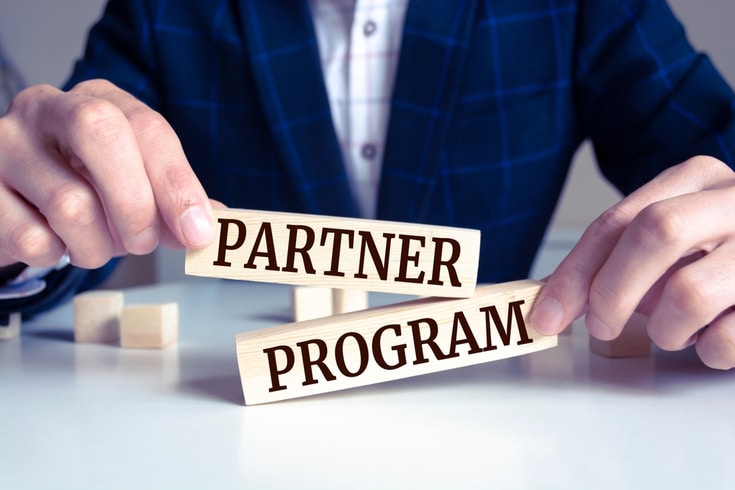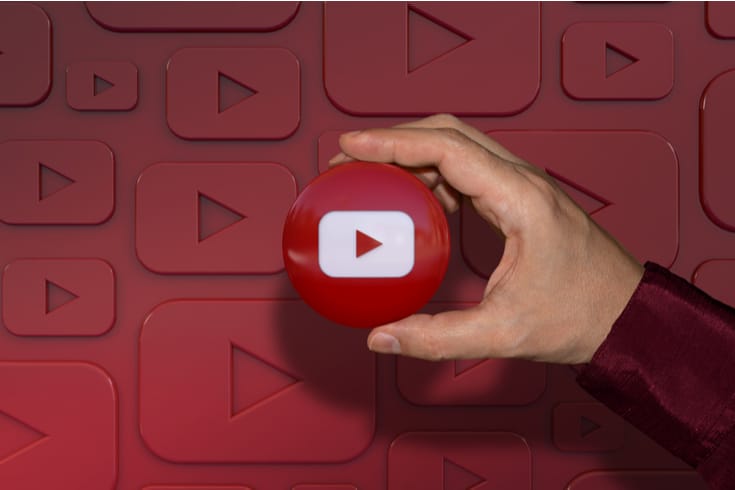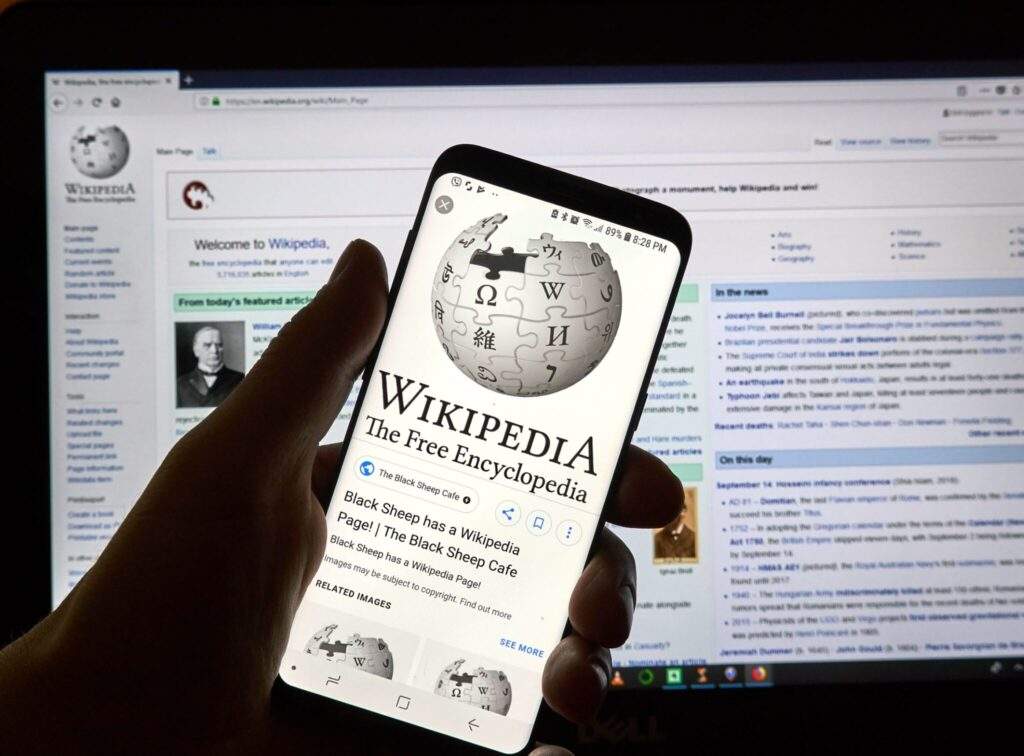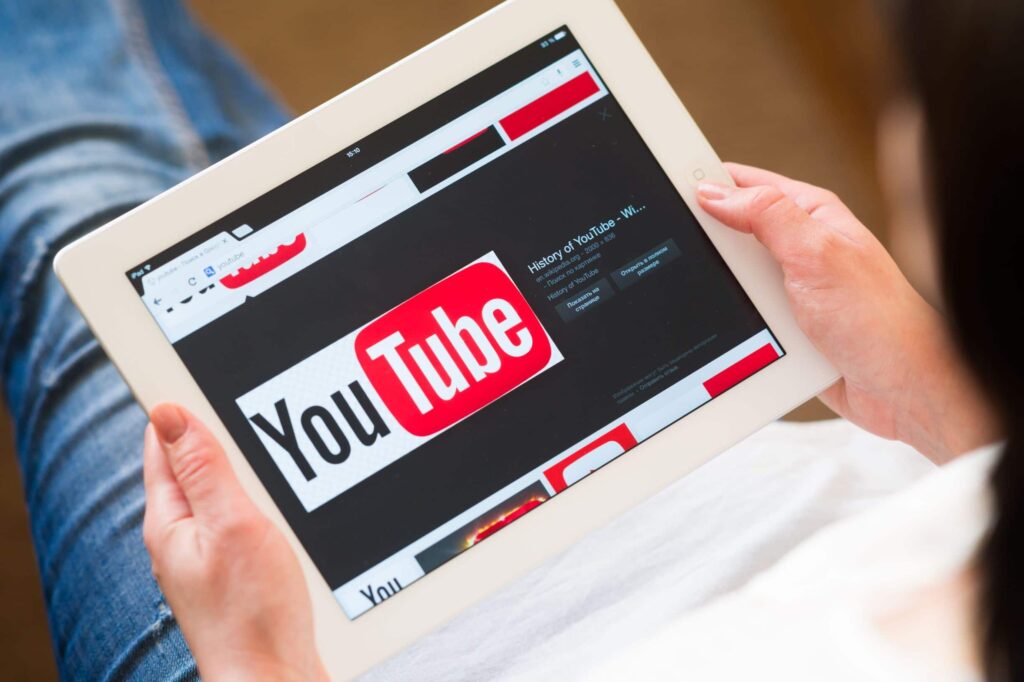What Are the Eligibility Requirements for YouTube Monetization and What Is the Partner Program? Explaining Ads and Tips from Viewers

Many YouTubers, VTubers, and celebrities are earning substantial income through YouTube. The source of this revenue is the ‘YouTube Partner Program’ set up by Google’s advertising platform, ‘AdSense’. In order to increase revenue on YouTube, it is essential to have a good understanding of this ‘YouTube Partner Program’.
In this article, we will explain the ‘YouTube Partner Program’ for monetizing YouTube and the ‘Google AdSense Program Policy’.
What is the YouTube Partner Program?

The YouTube Partner Program is a program that allows users who distribute content on YouTube to earn advertising revenue. By participating in this program, you can insert advertisements into the videos you distribute on YouTube and receive the advertising revenue. You can check the participation requirements and procedures on the YouTube Partner Center site.
Reference: Overview and eligibility of the YouTube Partner Program (Official)
Once you apply and are approved to participate in the YouTube Partner Program, you can earn revenue through the following features:
- Advertising revenue
- Channel membership
- Shopping
- Tipping feature
- YouTube Premium revenue
The key points among these are the “Advertising revenue”, “Channel membership”, and “Tipping feature”.
Advertising Revenue
On YouTube, revenue is distributed to YouTubers based on the number of ad impressions in the video. Advertisements can be inserted at the beginning or middle of the video, and there are also banner ads displayed at the top of the video, allowing YouTubers to choose the format. You can also set whether or not the video ad can be skipped midway.
Channel Membership
Channel membership is a service that supports the broadcaster by viewers paying a monthly fee to the channel. Broadcasters can set any amount up to a maximum of 6,000 yen per month. When you join a channel membership, various benefits are provided to members. Member benefits include videos distributed exclusively for members and special badges displayed in chat.
Tipping Feature
The tipping feature on YouTube is a function that allows viewers to directly donate to the creator for the videos uploaded on YouTube.
The tipping feature on YouTube includes:
- Super Chat
- Super Stickers
- Super Thanks
With this tipping feature, creators can receive direct donations from viewers. Please note that there is a limit of up to 50,000 yen per day for the amount that one viewer can donate via tipping.
Super Chat is a tipping feature used during live broadcasts or premieres, and by sending a Super Chat, viewers can highlight and draw attention to their own comments.
Super Stickers is a tipping feature used during live broadcasts or premieres, where you can send stickers (stamps).
Super Thanks is a tipping feature used for posted videos, where viewers can highlight their own comments in the comment section.
Participation in the YouTube Partner Program

To participate in the YouTube Partner Program, you need to set up Google AdSense on your YouTube channel.
Eligibility
The “Overview and eligibility of the YouTube Partner Program” in the “YouTube Help Center” lists the following six minimum requirements for eligibility:
- Compliance with all YouTube channel monetization policies.
- Residing in a country or region where the YouTube Partner Program is available.
- No valid community guideline violation warnings on the channel.
- The total playback time of valid public videos is more than 4,000 hours in the last 12 months.
- The channel has more than 1,000 subscribers.
- Having a linked AdSense account.
Anyone who meets these eligibility requirements can apply for the YouTube Partner Program.
Channel Review
To participate in the YouTube Partner Program, you need to undergo a channel review.
Once your channel meets the two conditions of a total playback time of 4,000 hours and 1,000 subscribers, your channel’s content will be reviewed by YouTube’s automated system and reviewers. The review will be completed within one month from the start, and the results will be notified. You can retry the review as many times as you want. If you fail the review due to violations of monetization policies, etc., you can reapply after 30 days.
Google AdSense Program Policy
The “Minimum Eligibility Requirements” include compliance with all YouTube channel monetization policies, which encompass community guidelines, terms of use, copyright, and the following Google AdSense program policies.
Policy on “Repetitive Content”
The purpose of this policy is to “ensure attractive quality for content provided for monetization purposes”. If the content is similar and it is difficult for viewers to distinguish the difference from other videos within the same channel, in other words, in the case of repetitive content, monetization may be disabled.
Specifically, this includes:
- Content that simply reads the contents of other materials not created by oneself, such as website text or news feeds
- Songs that are the same as the original except for changes in pitch or speed
- Repetitive content with low educational value and little explanation or meaningless content
- Content based on templates, mass-produced content, or content generated by programs
- Image slideshows or scrolling text with minimal or no explanation, commentary, or educational value
Policy on “Reused Content”
The purpose of this policy is to “ensure originality that adds value to the viewer for monetized content”. If you reuse someone else’s content with minimal changes without adding sufficient original commentary or educational value, monetization may be disabled.
Specifically, this includes:
- Portions of TV shows that have been edited but have little or no explanation
- Short videos compiling content from other social media websites
- Collections of songs from various artists (including those with permission)
- Content that has been uploaded multiple times by other creators
- Promotion of other people’s content (including those with permission)
Policy on “Quality Principles for Children and Family Content”
The purpose of this policy is to provide a safe and fulfilling experience for children and families and to gather high-quality content on the platform. Channels that handle a lot of content deemed low-quality by the quality principles for children and family content and have content designated as “for children” on their channel may be suspended from participating in the YouTube Partner Program. Videos found to be in violation of these quality policies may be marked as “no ads or limited ads”.
“Low quality” content specifically includes:
- Encouragement of negative behavior or attitudes: Content that encourages dangerous behavior, disrespect for objects, bullying, dishonest behavior, or lack of respect for others (e.g., dangerous pranks, unhealthy eating habits, etc.)
- Excessively commercial or sales-promotion-oriented: Content primarily aimed at selling products or promoting brands or logos (such as toys or food). Content focused on excessive consumerism
Application of Monetization Policy

In order to earn revenue on YouTube, it is necessary to comply with the channel monetization policy. If you violate the monetization policy, YouTube may take the following actions:
- Disable ad display on content
- Suspend participation in the YouTube Partner Program
- Suspend or terminate the YouTube channel
Disabling ad display on content means that if it is determined that a video does not comply with the guidelines for ad-appropriate content, or if it violates other policies (such as age restrictions or copyright guidelines), YouTube may disable ad display on the content.
Suspending participation in the YouTube Partner Program means that if you violate the monetization policy, monetization may be suspended or completely disabled on all or part of your account, and if your channel is determined not to meet the eligibility requirements for monetization, you will not be able to use all monetization tools and features related to the Partner Program.
Suspending or terminating the YouTube channel means that in exceptional circumstances, in order to maintain the reliability of the platform and prevent harm to users, the channel or account may be suspended, or access to the service may be disabled.
In order to earn revenue on YouTube, you must comply not only with the terms of use and community guidelines, but also with all channel monetization policies.
Summary: Consult a Lawyer for YouTube Monetization Legal Checks, and about Ads and Tips on YouTube Partner Program
Participating in the YouTube Partner Program allows you to monetize your content in various ways, not just through video advertisements. If you’re aiming to generate revenue on YouTube, it’s generally recommended to start by joining the YouTube Partner Program.
In order to earn revenue on YouTube, it’s important to not only comply with the terms of use and various guidelines, but also to understand the monetization policy and create content accordingly.
Introduction to Our Firm’s Measures
Monolith Law Office is a legal office with high expertise in both IT, particularly the internet, and law. In recent years, we have handled many advisory cases for YouTubers and VTubers, who are becoming popular online. The need for legal checks in channel management and contract-related matters is increasing. At our firm, attorneys with specialized knowledge are in charge of these measures.
Category: Internet





















